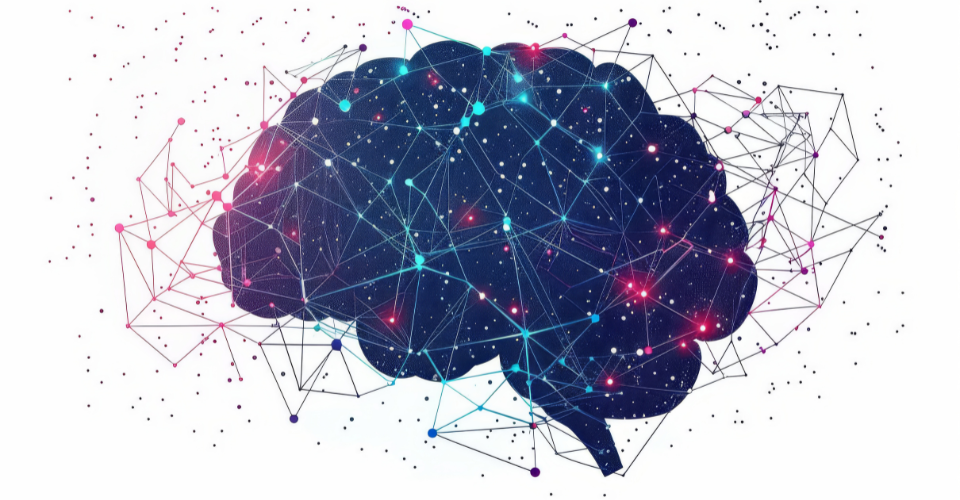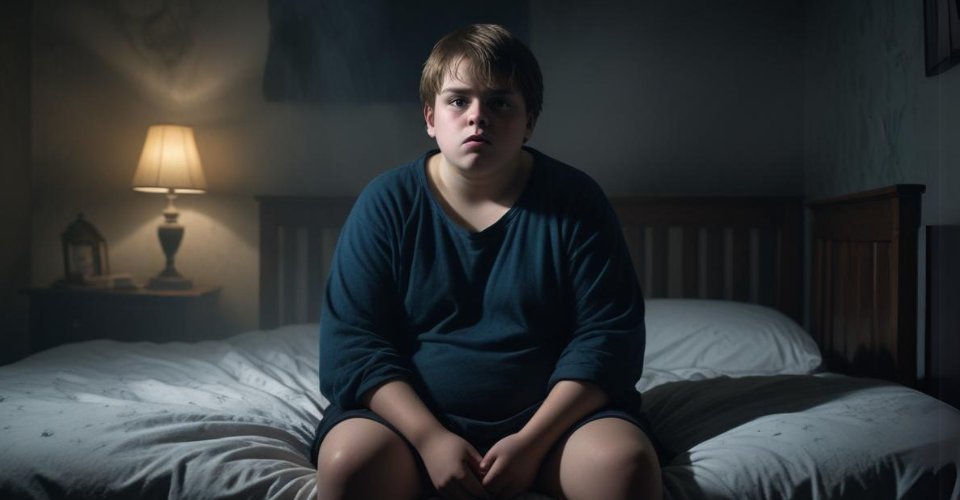Health News
A group of researchers at the University of Houston examined how poor sleep affects children’s facial expressions and their psycho-social development in adulthood. The study was published in the journal Affective Science.
The Study
The researchers examined 37 children, aged 7–11 years, during two in-lab emotional assessments. Before the first assessment, the children were well-rested, but, before the second assessment, the children were put through two nights of sleep deprivation. In both the assessments, they were asked to view positive and negative images (like cute kittens or ferocious dogs) on a computer screen and the children’s facial expressions were recorded with a high-definition camera.
The participants’ parents provided reports of their child’s social functioning during the time of the assessments and two years later.
The Findings
The researchers found that children with poor sleep displayed less positive facial images in response to pleasant images. They also reported experiencing more social problems two years down the line.
Drawing Inferences
The study didn’t find a concurrent link between sleep-based changes in children’s facial expressions and social problems. However, it was observed that poor sleep changes facial expressions, a central aspect of social communication such as sharing, expressing emotions, creating friendships, etc.
The lead researcher, Candice Alfano, elaborated, “Facial expressions not only provide others with an understanding of how you are feeling but are known to have a contagion effect on how others feel.”
Short sleep duration negatively impacts children’s facial expressions, making them appear grumpy or sulky. This makes it difficult for sleep-deprived children to communicate and creates developmental differences in their social behavior and peer relationships.
The study supports a burgeoning body of research that reinforces the importance of quality sleep in children’s mental and physical health and long-term psycho-social development.
To Know More You May Refer To
Alfano, C.A., Kim, J., Cifre, A.B. et al. Children’s Emotional Expressivity After Sleep Restriction Forecasts Social Problems Years Later. Affec Sci (2021). https://doi.org/10.1007/s42761-021-00078-2



























